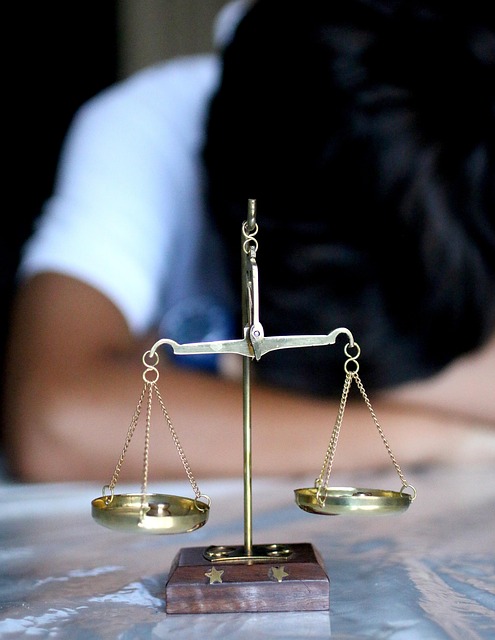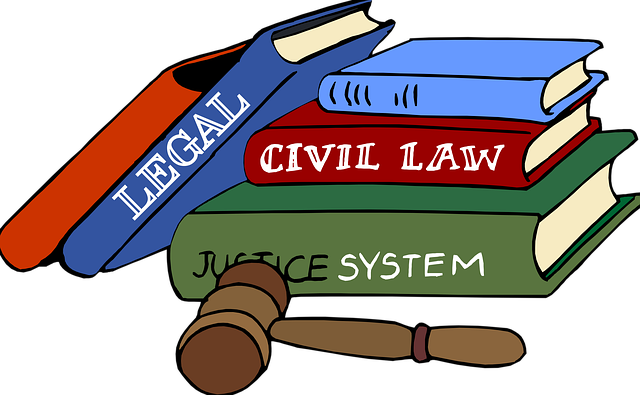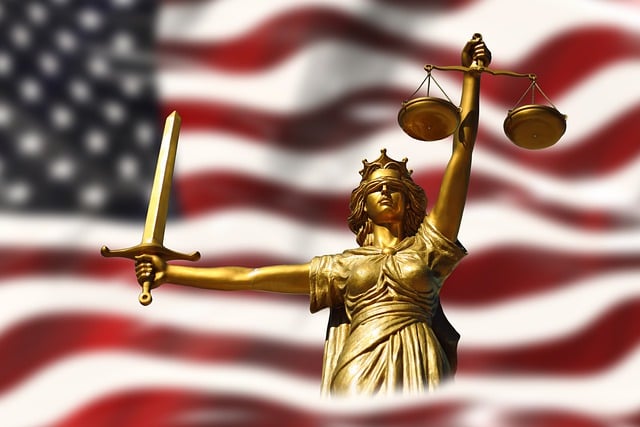Prosecutorial discretion significantly impacts case outcomes in criminal litigation, especially white-collar crime scenarios. This discretionary power considers evidence, societal impact, and accused history but is also influenced by public sentiment, political pressures, and community interests. Effective risk management involves understanding this process through early communication with prosecutors, comprehensive case assessments, scenario planning, meticulous document review, witness preparation, and expert testimony to mitigate risks and navigate complex legal procedures, ultimately shaping favorable outcomes.
Litigation Risk Management is a critical aspect often overlooked in legal strategies. This article explores the intricate relationship between Prosecutorial Discretion and its Impact on Case Outcomes, shedding light on an essential risk management tool for lawyers. We delve into how prosecutors’ decisions can sway judgments, focusing on understanding their discretion. By examining case studies, we present effective strategies to manage risks associated with this power, ensuring a more predictable legal process. Discover the subtle yet significant role of prosecutorial discretion in shaping legal proceedings and learn to navigate it effectively.
- Understanding Prosecutorial Discretion in Litigation
- The Role of Discretion on Case Outcomes
- Strategies to Manage and Mitigate Risks
- Impact of Discretion on Legal Proceedings and Decisions
Understanding Prosecutorial Discretion in Litigation

The concept of prosecutorial discretion plays a pivotal role in litigation risk management, significantly influencing case outcomes. Prosecutors possess the authority to decide whether or not to pursue legal charges against an individual or organization, which can alter the trajectory of a case dramatically. This discretionary power is not arbitrary but balanced against factors such as evidence strength, potential impact on society, and the accused’s prior criminal history. Understanding this discretion is crucial for managing litigation risks effectively.
Prosecutorial decisions are often shaped by considerations beyond legal merits, including public sentiment, political pressures, and the interests of the philanthropic and political communities. Navigating these complexities requires a strategic approach where legal teams must not only present robust defenses but also anticipate potential prosecutorial strategies. By recognizing the impact of prosecutorial discretion on case outcomes, litigants can better prepare for jury trials, explore alternative dispute resolution methods, and ultimately, work towards avoiding indictment when appropriate.
The Role of Discretion on Case Outcomes

The outcome of legal cases is heavily influenced by the discretion wielded by prosecutors. This power, known as prosecutorial discretion, plays a pivotal role in shaping the trajectory of criminal proceedings. Prosecutors, armed with extensive knowledge and experience, must decide which cases to pursue, how strongly to advocate for charges, and even whether to offer plea bargains. This discretionary authority is particularly significant in white-collar defense cases, where complex financial crimes are involved. For his clients, a prosecutor’s decision can mean the difference between facing severe penalties or having charges dropped altogether.
When it comes to corporate and individual clients alike, the strategic use of prosecutorial discretion can lead to more favorable case outcomes. It allows for a tailored approach, considering mitigating factors and the potential impact on all involved parties. This discretionary impact extends to sentencing as well, where prosecutors may recommend reduced sentences or alternative forms of justice, such as community service or restitution, based on specific circumstances. Such flexibility is essential in ensuring that justice is served fairly and proportionately.
Strategies to Manage and Mitigate Risks

Effective litigation risk management involves a multi-faceted approach to navigate complex legal landscapes and achieve extraordinary results in high-stakes cases. One powerful strategy is understanding and leveraging the prosecutorial discretion impact on case outcomes. Prosecutors possess significant discretion in decision-making, from charging decisions to plea bargains. By engaging in open communication with prosecutors early on, legal teams can gain insights into their considerations and potential avenues for resolution. This proactive approach allows for strategic adjustments, ensuring that the respective business interests are protected while navigating the intricate web of legal procedures.
Additionally, risk mitigation strategies should encompass thorough case assessments, scenario planning, and contingency measures. Regularly reviewing case strengths, identifying weaknesses, and exploring alternative scenarios enable lawyers to adapt swiftly. In high-stakes litigation, where outcomes can be far-reaching, a dynamic and flexible strategy is key to managing uncertainty. This includes meticulous document review, witness preparation, and leveraging expert testimony to strengthen positions, thereby reducing potential risks and enhancing overall case management.
Impact of Discretion on Legal Proceedings and Decisions

The exercise of prosecutorial discretion significantly shapes the trajectory of legal proceedings and case outcomes. This power allows prosecutors to select which cases to pursue, how strongly to enforce them, and can even lead to avoiding indictment altogether. The impact of this discretion is profound, as it ensures that law enforcement resources are allocated efficiently, allowing for a more targeted approach to crime prevention and prosecution.
When considering white-collar and economic crimes, the prosecutor’s discretion becomes particularly crucial. By carefully evaluating each case, they can determine the most appropriate response, whether it be through negotiation, diversion programs, or full-scale litigation. This discretionary approach not only helps in avoiding unnecessary legal battles but also fosters a more balanced justice system that considers the unique circumstances of each respective business and its impact on society.
Prosecutorial discretion plays a pivotal role in shaping case outcomes, as it allows for flexibility and informed decision-making. By understanding how this discretion influences legal proceedings, individuals and organizations can employ effective risk management strategies. Through a combination of proactive case assessment, transparent communication, and data-driven analysis, it’s possible to navigate the complexities of litigation with greater confidence. Ultimately, recognizing the impact of prosecutorial discretion on case outcomes empowers stakeholders to make informed choices, mitigate risks, and achieve more favorable results.






